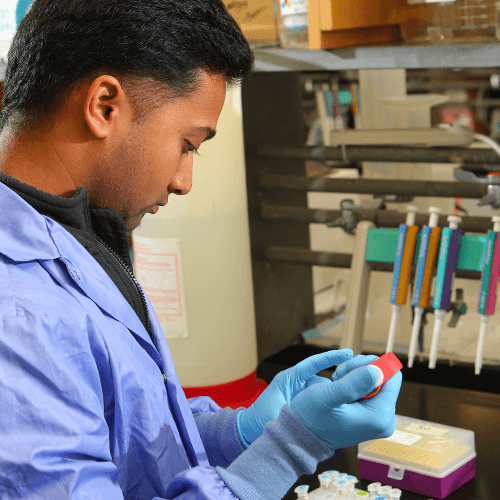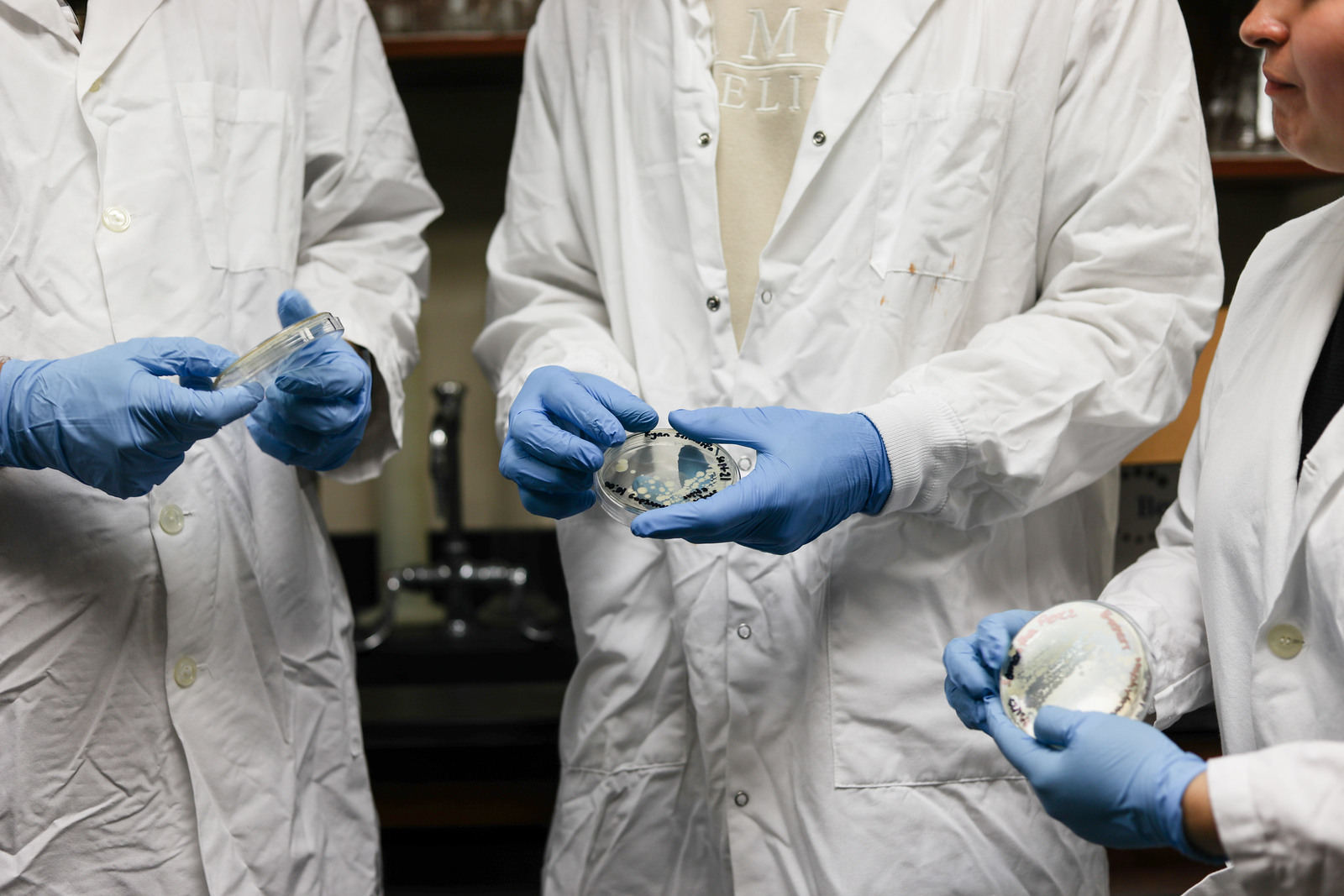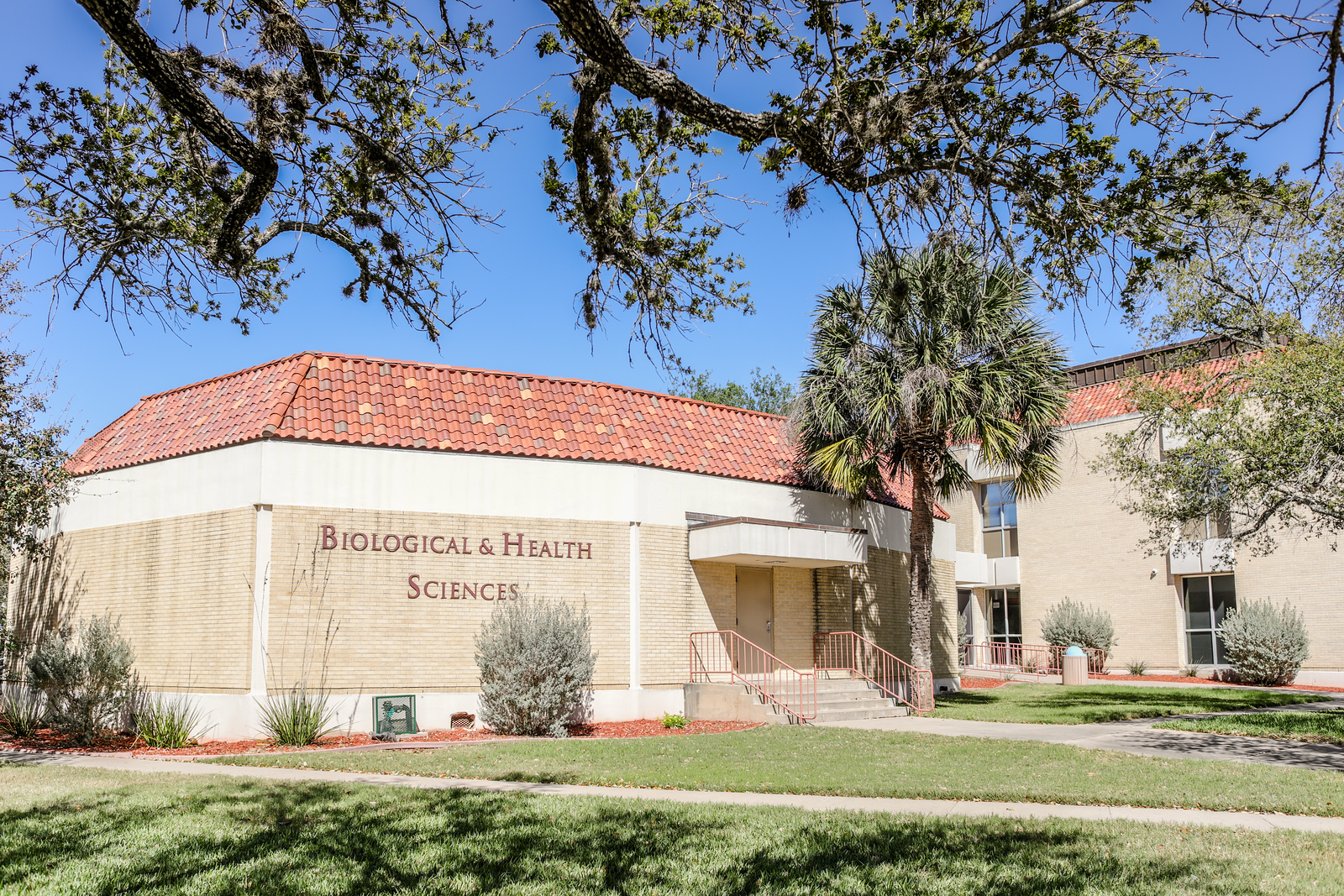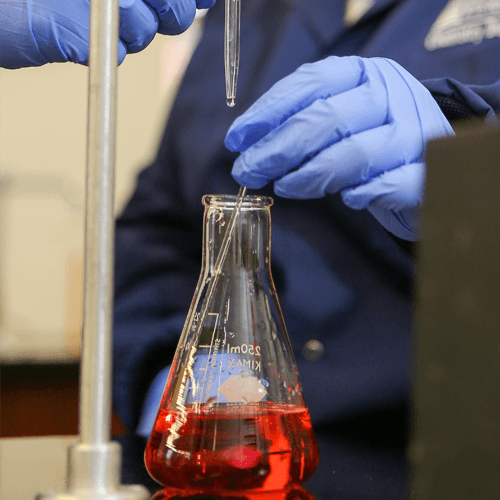
Department of Biological and Health Sciences

Discover Your Future in Biology at TAMUK
Whether you're drawn to medicine, research, wildlife, or health, the Department of Biological and Health Sciences at Texas A&M-Kingsville gives you the tools and the experience to turn your passion into a purpose.
🔬 Learn by Doing
From your first semester, you'll be in the lab or out in the field not just watching, but doing.
👩🏫 Real Mentorship
Work closely with supportive, research-active faculty who know your name and care about your goals.
🔍 Research That Matters
Join meaningful projects in genetics, ecology, nutrition, and more; many with grant funding and conference opportunities.
🌿 Study Where Science Lives
Explore the unique ecosystems of South Texas, including coastal, prairie, and wetland environments right in your backyard.
🎓 Career-Ready Outcomes
Our graduates succeed in med school, grad school, healthcare, education, and environmental careers across Texas and beyond.
🤝 A Place to Belong
Join student-led organizations like the Graduate Biology Student Association, Pre-Health Association, or Student Dietetic Association and find your community in science.

Graduate Programs in Biology
Pursue advanced research and professional preparation through our M.S. in Biology program.
- Work on funded research with active faculty mentors
- Select thesis or non-thesis degree tracks
- Explore topics in genetics, ecology, and biotechnology
- Apply for graduate teaching and research assistantships
- Build credentials for PhD or professional school
- Present your work at regional and national conferences

Human Nutrition
Explore how biology connects to human health through our evidence-based nutrition program designed for clinical and community careers.
- Focus on human metabolism, biochemistry, and physiology
- Learn nutrition assessment and health promotion techniques
- Engage in campus-based cooking demos and outreach
- Prepare for dietetic internships and graduate nutrition programs
- Collaborate with faculty in community-based research
- Join the Student Dietetic Association for hands-on experience

Student Research Opportunities
TAMUK Biology students engage in meaningful research across campus labs, field sites, and community partnerships—starting from their first year.
- Work alongside faculty on funded research projects
- Apply for independent study or research credit
- Use department labs, field gear, and real datasets
- Present findings at symposiums and conferences
- Join cross-disciplinary and community-based research teams
- Participate in grant-supported projects (USDA, NIH, NSF)




